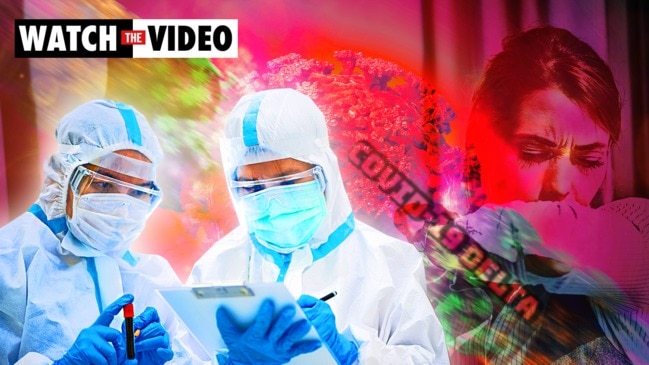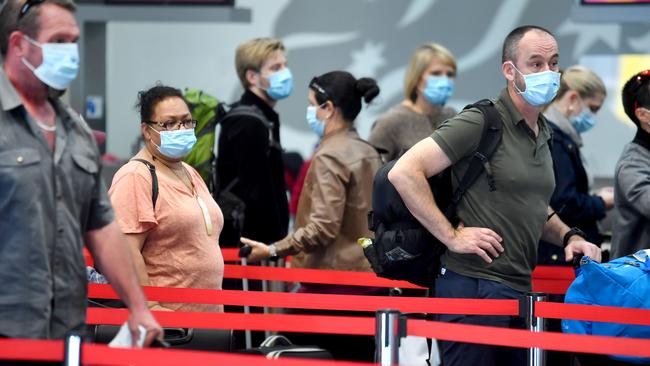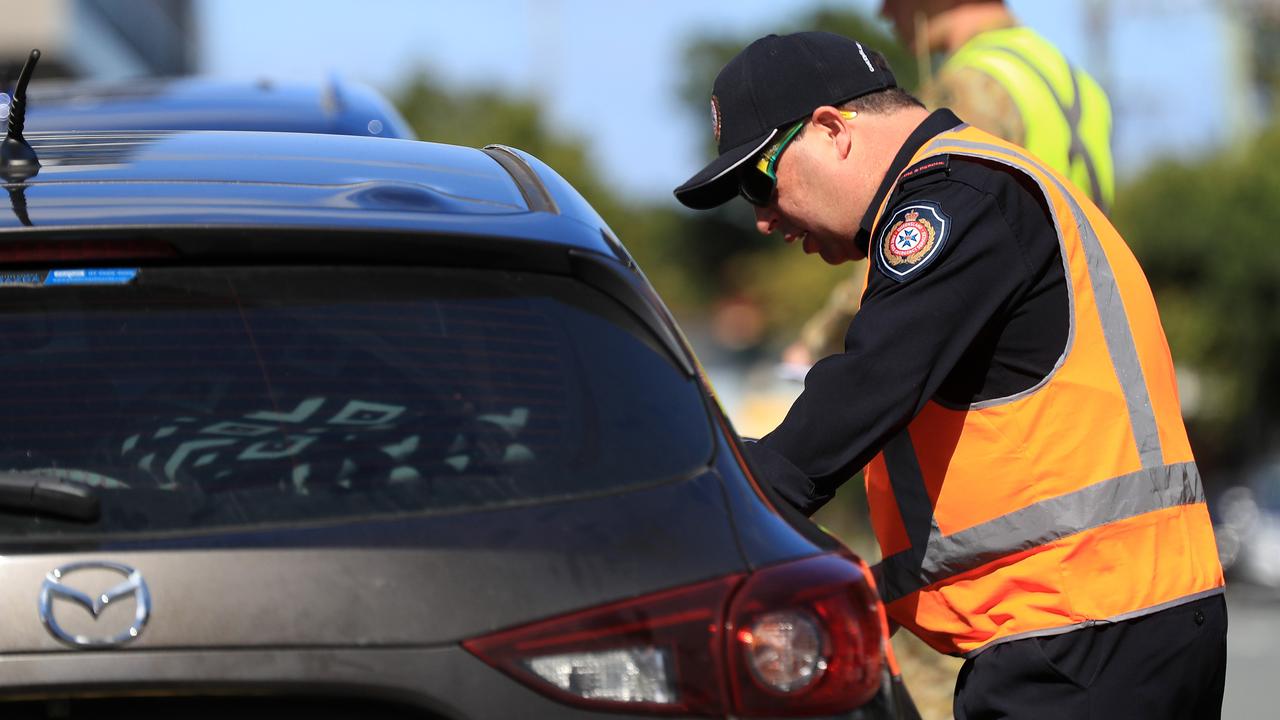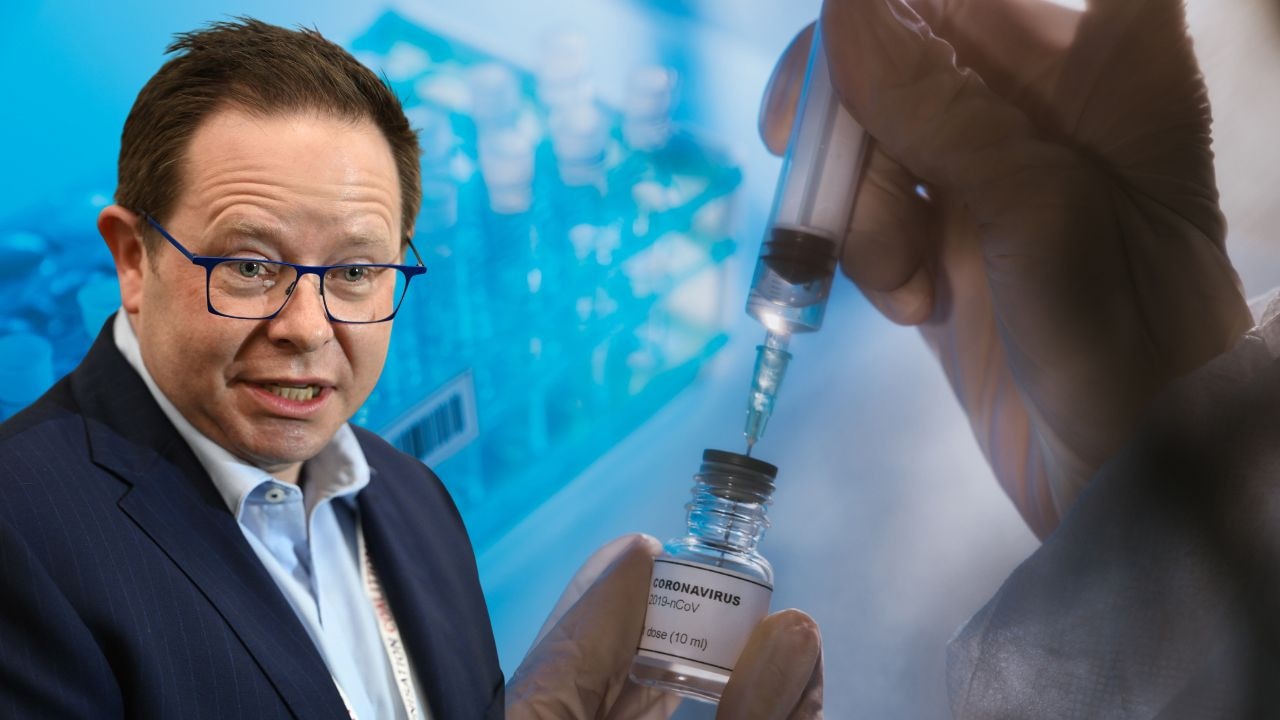School holiday movement heightens risk of Covid-19 spread
An infectious diseases expert says the nation is in a ‘very precarious position’ as increased travel for school holidays coincides with an serious Covid outbreak.

QLD Coronavirus News
Don't miss out on the headlines from QLD Coronavirus News. Followed categories will be added to My News.
School holiday travellers making their way around Queensland and Australia threaten to widen the spread of Covid-19 in the face of one of the most ominous outbreaks since the pandemic began.
Millions of Australians are now in lockdown as Queensland joins NSW, WA and the Northern Territory under ‘stay-at-home’ orders as the highly-contagious Delta strain spreads through the country.
Infectious Disease expert Dr Paul Griffin said school holiday travel has increased the risk of the outbreak being spread wider as masses transited across Australia.
“We all need to recognise we are in a very precarious situation right now,” Dr Griffin said.
“Both with the number of cases in New South Wales but also the type of infection we have seen recently in people who are highly mobile, so we have potential dissemination to a number of points in the country simultaneously.”

In the seven days from Monday, June 21, more than 2,550 flights have landed at and departed from Brisbane Airport.
That’s around 30,000 people travelling daily through Queensland’s busiest airport.
One of them was a 19-year-old woman who travelled from Brisbane to Townsville and on to Magnetic Island on Thursday last week while infected with Covid-19.
Her positive test, coupled with fears she’d spent 10 days infectious in several regions of Queensland, has triggered a snap three-day lockdown across southeast Queensland, Townsville, Magnetic Island and Palm Island from 6pm Tuesday.
More than 17,000 people flew into Cairns from Friday June 25 to Sunday June 27, 12,000 of which were from Brisbane and Melbourne.
There were 202 flights into and departing from Sunshine Coast Airport with around 30 cancellations.
“There are a lot of people travelling at the moment and at this time of year the environmental conditions are quite conducive to transmission so we have a got a lot of factors that have amounted to us being in the situation we are now., Dr Griffin said.
He said there should be a focus on those travelling for work like airline crew or fly in, fly out workers.

“Trying to get more of them vaccinated, maybe looking at brief periods of isolation and improved testing so those contributors to widespread dissemination are less likely to happen,” he said.
Dr Griffin said the best and most important step that needs to be taken is increasing vaccine numbers.
“There is obviously lots of discussion about imposing different restrictions but I think we need to reinforce the most fundamental mitigation strategy which really is vaccination,” he said.
“At an expert level, the key message is the vaccines still work, they still work well against the variants and are still our best protection from finding ourselves in situations like this.”
He said high rates of testing, social distancing, hygiene and wearing masks when possible are also very important.



